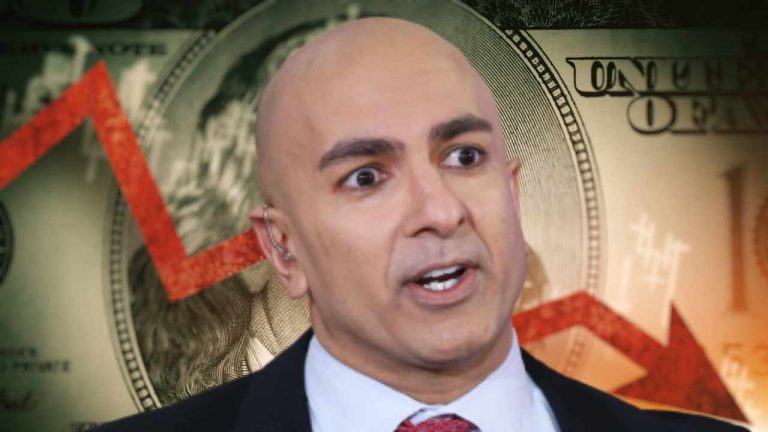Diving into the economics of Bitcoin with Cryptonites, some of the most prominent figures in the crypto space, including Michael Saylor, Erik Voorhees, Gordon Einstein, Rhian Lewis, and many more explain what makes this asset that is often called “digital gold”–superior to all other forms of money ever created.
This is the sequel you don’t want to miss, covering some of the most important properties of Bitcoin–from its absolute scarcity to its censorship resistance.
Here are some of the more interesting quotes from blockchain experts featured in the short-film.
Internet of money
“Bitcoin introduces a platform on which you can run currency as an application on a network–without any central points of control. A system completely decentralized, like the internet itself–it is not money for the internet, but the internet of money,” according to Bitcoin and blockchain expert Andreas Antonopoulos.
“Money is energy. Money is monetary energy, it’s economic energy, liquid energy in the civilization, and if I’m looking for a container to hold the energy, I think that Bitcoin is the best container,” argued CEO of MicroStrategy, Michael Saylor.
“Most importantly, it gives people, gives the world today a choice to have our value stored in a decentralized way, in a digital fashion–where the knowledge of the private key allows you access to your value–where that cannot be confiscated,” explained Ballet founder and CEO, Bobby Lee.
Ultimate resistance
“Bitcoin survives partitioning of the world’s internet. Let’s say China and the US cut a fiber optic line between them–which won’t happen, but hypothetically–Bitcoin can even survive scenarios like that, which is really cool. Bitcoin is very very resilient, and Bitcoin’s very small block size enables full nodes to utilize different sorts of communication mechanisms–satellite, over the air using ham radio.
That is the ultimate resilience–there’s no way for the government to jam ham radio transactions. Even if they turn off the internet–you can still transact in Bitcoin using ham radio,” pointed out Dan Held, head of growth at Kraken.
“Bitcoin basically operates like digital gold–a digital store of value. Gold and other precious metals are valued based on what’s called “stock to flow ratio.” Bitcoin’s basically using the same model of valuation that precious metals use–1/62 worth of gold enters the economy every year. This is a rough number, and if we found all the gold on the planet Earth, there’s still the potential that we could find gold on other planets. But with Bitcoin, no matter what you do, there’s never gonna be more than 21 million–unless you got everybody in the world who owns Bitcoin to agree to inflate the Bitcoin supply. You have to get them to agree to do something that’s to their own detriment–which is highly unlikely to happen. People are unlikely to do things that are not in their interest,” concluded Coinfloor CEO and co-founder, Obi Nwosu.
The post Blockchain experts explain the economics of Bitcoin appeared first on CryptoSlate.



